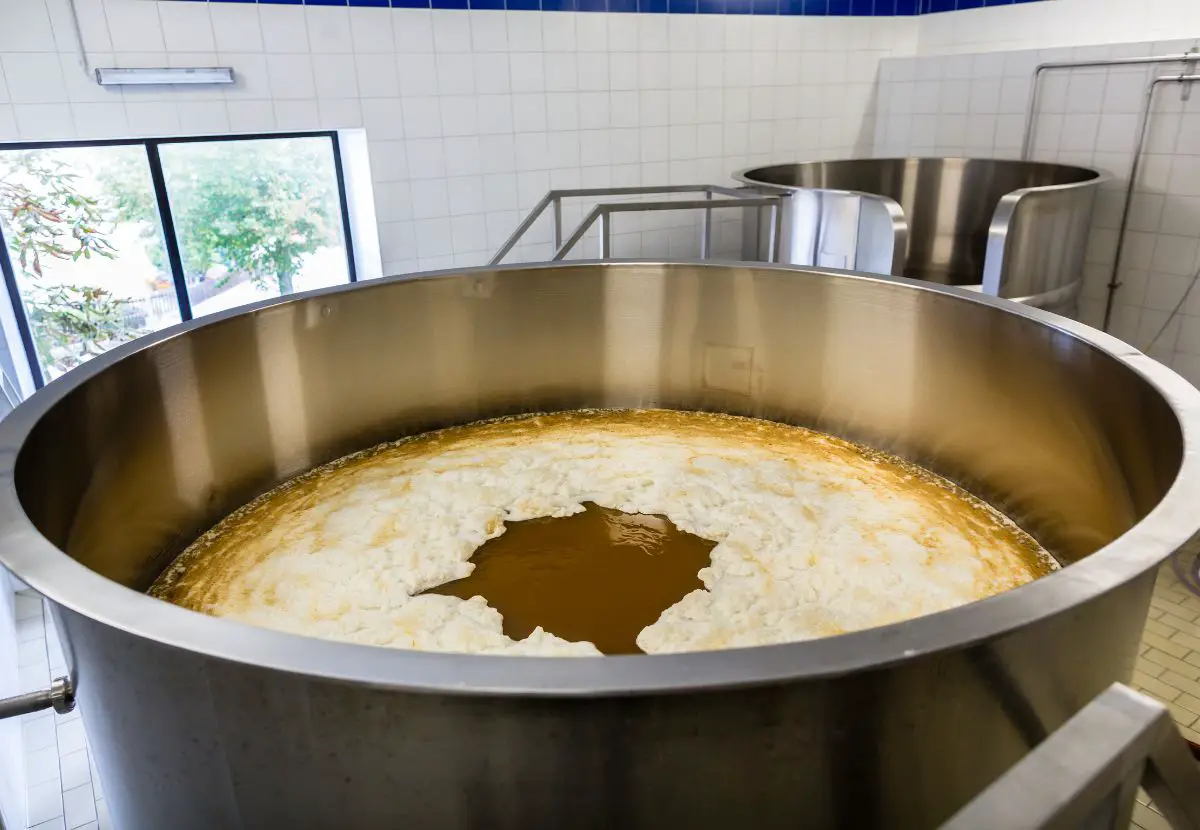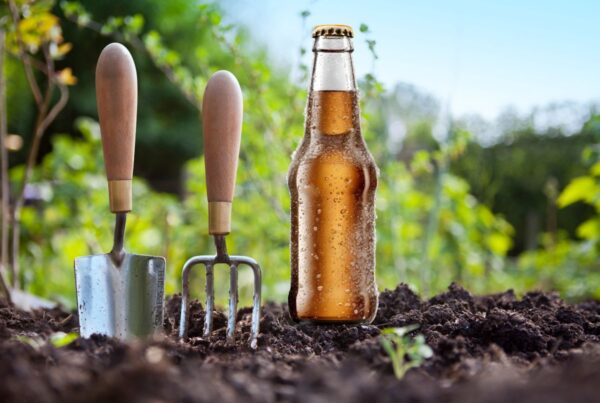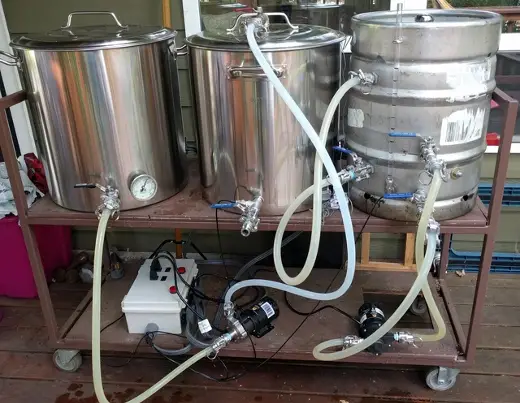What is Wort in Beer?
Wort is a fundamental building block in beer—but how much do we really know about it?
Not enough, if you ask me.
Despite its off-putting name, wort plays a huge role in beer brewing. So it’s high time we shine a spotlight on this esoteric ingredient.
Let’s take a closer look at exactly what wort is, where it comes from, and what role it plays in transforming simple ingredients like barley and water into the brew that finds its way into our beer glasses.
Bath, Mash, & Beyond: How Wort Becomes Beer
Definition: What is Wort?
Wort is basically a liquid made from grain (or adjuncts) intended to be turned into beer by yeast.
It’s mostly water—about 80% to 90% for most types of beer—mixed with extracts from the grain. In a way, you can think of it as just “flat, unfermented beer.”
The Bath/Mash Stage
Picture yourself on a sweltering summer’s day, plunging into the cool relief of your swimming pool. Ah, that’s better, right? Now, just change this image from a human to some barley, and from a pool to a massive kettle of steaming hot water.
We’re not in the backyard anymore, folks—we’re knee-deep in the brewer’s mash tun.
A mash tun is essentially just a large vessel where the brewer combines barley or other grains with hot water, initiating the process called mashing.
Mashing, as the beer experts call it, is like a hot bath for crushed malted grains (usually barley). But we’re not just splishing and splashing for fun here—this is a bath with a serious mission.
Immersing the barley in hot water releases enzymes that break apart the barley’s starches into simple sugars. This sugary substance is the titular wort.
Sure—it’s unfermented, and moderately gross-looking, but don’t let appearances fool you. It’s full of potential.
(If you don’t believe me, think of the best beers you’ve ever had—that’s the kind of potential wort has.)
So here’s to the bath and the mash—the “graveyard smash” of the brewing world. And to wort: the indispensable beer ingredient that, despite sounding suspiciously like a medieval ailment, is a foundational building-block of beer.
Now that we have wort, you may be wondering, “are we done?”
Not quite…
Sparge, Lauter, and Boil
After the brewer has done the mash, the wort is gently separated from the spent grains, using a process called lautering. This is typically done using a vessel with a false bottom to drain off the liquid while retaining the solids.
Sparging is done immediately after the lautering. It involves sprinkling hot water over the spent grain during lautering to rinse off and collect any remaining sugars. This is done to make sure that as much of the valuable sugars from the malted grain are included in the wort as possible, before it moves on to the boiling stage.
After being lautered and sparged, it’s typically boiled, and different kinds of hops are added for flavor and aroma.
This is the stage in the brewing process where yeast finally enters the picture. Yeast eats up all those sugars in the wort, and in return, gives us alcohol and carbon dioxide (the carbonation we find in beer).
The yeast “transforms” the wort from a sugary liquid into the familiar beer we all know and love. (And when we say transforms, we mean much in the same way that the Asian Palm Civet “transforms” coffee cherries into Kopi Luwak.)
A Wort-while Endeavor
To answer the question in the title: Wort is a liquid fed to yeast to make beer. It’s the bridge between “grain” and “beer,” necessary for enzymatic reactions during mashing and for providing food for the yeast to consume during the fermentation stage.
Without wort, beer as we know it could not exist. Now, that’s a sobering thought, isn’t it?






